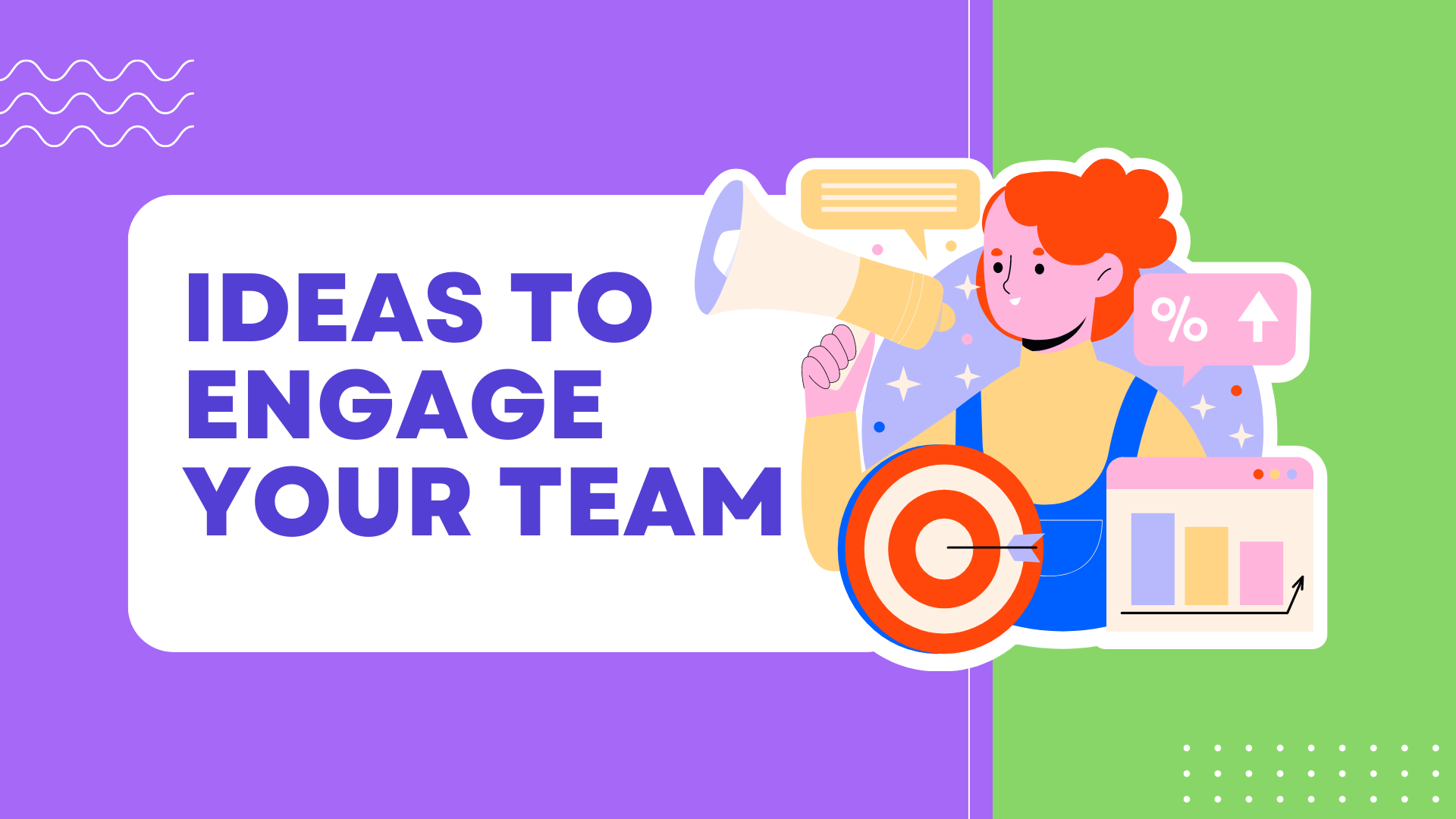Want to enable this
for your team?
Book a personalized demo Book a demo
Reach Out Us
Why Teams Struggle with Knowledge Management & How AI Can Fix It

Why Teams Struggle with Knowledge Management & How AI Can Fix It

The Challenge of Fragmented Knowledge
The Challenge of Fragmented Knowledge
In every sales organization, knowledge is critical to efficiency and success. However, it often remains fragmented—scattered across multiple formats, channels, and systems, making it difficult to retrieve when needed.
Consider the launch of a new product. Initially, web pages detail its features, a note introduces it to the team, and training materials are added to the company’s learning portal. Over time, price lists are sent as Excel sheets, promotions and schemes arrive as PDFs, and case studies emerge in various documents. Sales strategies evolve, competition handling guides are developed, and best practices circulate informally.
Despite this wealth of knowledge, it remains buried in silos—emails, chat conversations, internal wikis, training portals, and shared drives—making access inefficient . A new salesperson struggles to find the right information, while experienced reps spend unnecessary time searching instead of selling. This leads to slower sales cycles, redundant efforts, and missed opportunities due to inaccessible or outdated knowledge.
The Problem of Fragmented Knowledge
The Problem of Fragmented Knowledge

The modern sales ecosystem is drowning in information, yet teams still struggle to find what they need when they need it. Knowledge is scattered across various formats—PDFs, PPTs, Excel sheets, Google Docs, images, and emails. It is stored across multiple platforms —Google Drive, Microsoft Drive, shared folders, and email threads. This lack of a unified system means that even when critical information exists, it remains buried under layers of disorganized content, making it difficult for a salesperson to retrieve it in real time.
The impact of fragmented knowledge is two fold:
- 1. New employees struggle with onboarding, unable to ramp up quickly because product information is not readily available in one place.
- 2. Experienced sales teams waste time searching for data, reducing their ability to close deals efficiently.
Without a structured approach to knowledge management, sales teams end up reinventing the wheel, missing out on valuable best practices, and losing competitive opportunities.
How AI Can Fix Knowledge Management
How AI Can Fix Knowledge Management

Now, imagine an AI-driven knowledge management system that eliminates these challenges. Unlike traditional storage solutions, this system is agnostic to document types and storage locations. Whether a piece of knowledge is saved as a Word document, a slide deck, a PDF, or even an email thread, AI can extract relevant information, categorize it, and make it instantly searchable. It can scrape details from a website, process uploaded documents, or integrate with cloud drives, ensuring that no knowledge remains trapped in silos.
For marketing and sales teams, this transforms the way they manage product information. AI ensures that every product has a complete repository of knowledge base, covering:
- Product overview & positioning
- Key features & benefits
- Competitive comparisons & handling objections
- Sales playbooks & best practices
- Pricing, offers, and promotions
A simple audit can confirm whether the entire suite of information is available, structured, and accessible. Sales teams, in turn, can access these insights through natural language queries, retrieving information instantly, no matter where they are.
Tribal Knowledge Becomes Institutional Knowledge
Tribal Knowledge Becomes Institutional Knowledge

Beyond making existing knowledge more accessible, AI also captures and structures informal knowledge—the insights shared among sales teams in emails, calls, and chat conversations. This is tribal knowledge, the unwritten strategies, shortcuts, and best practices that experienced sales reps develop over time.
Traditionally, this knowledge is difficult to capture and pass down. But AI listens, learns, and integrates these insights into the larger knowledge system. Over time, AI creates a continuously evolving knowledge base, allowing sales teams to build on past learnings rather than start from scratch.
Learning That Aligns with the Priorities of the Company
Learning That Aligns with the Priorities of the Company

AI-driven knowledge base management doesn’t just make information accessible; it also aligns learning with the company’s strategic priorities. Managers can set key business priorities—whether it’s a new product launch, a competitive sales strategy, or a shift in market focus —and AI will surface relevant knowledge that supports those goals.
- 1. Managers define priorities – They specify the focus areas, such as boosting adoption of a new product, improving objection handling, or reinforcing compliance.
- 2. AI surfaces relevant content – Based on the defined priorities, AI pulls together existing knowledge, including documents, case studies, training materials, and past sales interactions, ensuring teams have the most critical information at their fingertips.
- 3. AI reinforces learning – To ensure knowledge retention, AI helps reinforce key topics through automated follow-ups, quizzes, and contextual reminders. If a salesperson frequently encounters a particular challenge, AI can suggest microlearning sessions or best practices to improve performance over time.
By integrating AI-powered learning into the knowledge base management process, companies ensure that sales teams aren’t just accessing information—they are actively learning and applying insights that drive business success.
The Future of AI-Driven Knowledge Management
The Future of AI-Driven Knowledge Management

As organizations adapt to changing market conditions, an AI-powered knowledge base management system creates a future-ready team—one that is agile, informed, and always prepared. By centralizing knowledge and making it instantly accessible, companies empower their sales teams to:
- Reduce onboarding time for new sales hires
- Enable faster, more accurate decision-making
- Ensure learning is aligned with company priorities, reinforcing knowledge through repetition and structured reinforcement.
The shift from scattered, inaccessible knowledge to an AI-driven, structured system is not just an operational improvement—it’s a strategic advantage. AI doesn’t just organize knowledgeit makes it actionable, ensuring that every salesperson, whether new or experienced, has the right insights at the right time.
For sales teams to remain competitive, AI-driven knowledge base management is no longer an option—it’s a necessity.
Bsharp Converse
Bsharp Converse
Bsharp Converse empowers organizations to build a future-ready field force by ensuring that team knowledge aligns with company priorities.
Its AI-driven engine maps each team member’s knowledge, identifying gaps and opportunities. It then provides a comprehensive learning ecosystem—ranging from just-in-time learning for immediate needs to long-term learning pathways for sustained skill development. By delivering personalized, context-aware training, Bsharp Converse ensures that every team member is equipped with the right knowledge, at the right time, to drive business success.

